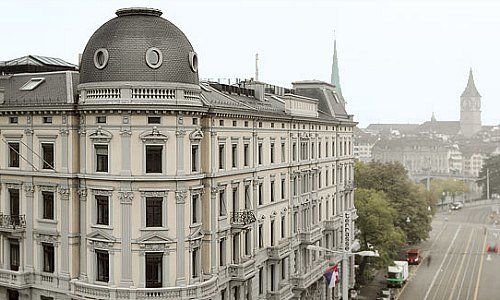The main difference between the first and second category of Swiss banks is that prosecutors had actively begun criminal proceedings against the former, but not the latter. The Swiss government and U.S. prosecutors in 2013 reached a deal permitting the second group to avoid the specter of prosecution by coming clean and paying fines.
Taking UBS Clients
The U.S. won't have had much trouble making a case against NPB: the bank was apparently one of the firms taking on UBS clients after prosecutors began scrutinizing that bank in 2008.
NPB didn't adequately «regularize» client assets, or ensure that clients weren't hiding their money from the taxman. The lapses led the DOJ to open a criminal investigation in 2013. Just one year later, Credit Suisse reached a landmark settlement for effectively the same behavior, a deal which – unusually – also included a guilty plea for the Swiss bank.
New Dawn for Probe?
NPB's settlement is a cautiously optimistic sign for the handful of banks, including Pictet and Zuercher Kantonalbank, still waiting to reach the negotiating table with U.S. prosecutors. It remains unclear when these banks can settle their own criminal probes.
The other banks still in the first category are Basler Kantonalbank, HSBC Private Bank, Rahn and Bodmer, now-defunct LLB Switzerland, and Israel-based Bank Mizrahi and Hapoalim, which sold its Swiss arm to J. Safra Sarasin last year.
Existential Penalties
How much Pictet and the others will have to pay is purely speculative: fines have ranged from Credit Suisse's whopping $2.5 billion to Julius Baer's $547 million or the $400 million paid bei Israel's Bank Leumi.
Now-defunct Wegelin paid $74 million. Neue Zuercher Bank as well as Bank Frey eventually collapsed under the heft of the U.S. investigation.
Banca della Svizzera Italiana, or BSI, was the first Swiss bank to come forward in the U.S. investigation, paying $211 million. The 79 banks which participated in the probe paid a cumulative $4.5 billion to U.S prosecutors – not including legal fees.
- << Back
- Page 2 of 2




































